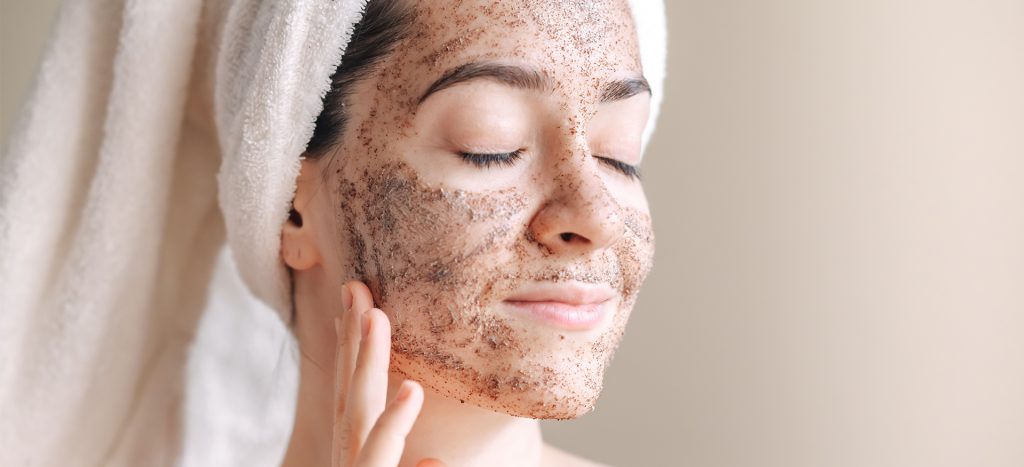
Creating a dedicated nightly skincare routine is essential for achieving and maintaining a radiant, healthy complexion by morning. Nighttime is when the skin goes into repair mode, regenerating cells, and reversing daily environmental damage.
This is the optimal time to use nourishing skincare products that help restore and enhance your skin’s natural glow. Here’s a step-by-step guide to building an effective nighttime skincare routine that will leave your skin refreshed and glowing by morning.
Understanding the Skin’s Nocturnal Regeneration Process
The permeability of the skin rises at night, making it easier for the skin to absorb active chemicals. Because of this natural cycle, therapies that target hydration, healing, and rejuvenation are best used in the evening.
It is crucial to prepare the skin with a nutritious regimen since research indicates that cell regeneration is most active when you sleep.
Essential Steps for an Effective Nighttime Skincare Routine
1. Thorough Cleansing
Removing makeup, sunscreen, and impurities from the day is a crucial first step. A double-cleansing method is often recommended:
- First Cleanse: Start with an oil-based cleanser to dissolve makeup, excess oil, and pollutants. This step ensures that the surface layer is free from any barriers to absorption.
- Second Cleanse: Follow up with a gentle water-based cleanser to remove any remaining residue, leaving the skin clean and ready for treatments.
Cleansing thoroughly helps to prevent clogged pores, breakouts, and dullness.
2. Exfoliation
Exfoliating 2-3 times per week can help remove dead skin cells and boost cell turnover. Exfoliants come in two types:

- Chemical Exfoliants: Products with AHAs (alpha hydroxy acids) or BHAs (beta hydroxy acids) dissolve the bonds between dead skin cells, revealing smoother skin underneath. Chemical exfoliation is often gentler than physical exfoliants and is ideal for all skin types.
- Physical Exfoliants: Gentle scrubs manually remove dead skin cells, but these should be used sparingly to avoid irritation, especially for sensitive skin.
Regular exfoliation allows other skincare products to penetrate more effectively, resulting in smoother, brighter skin.
3. Toning
Toning balances the skin’s pH, which may be disrupted during cleansing, and prepares it for the next steps. Choose a toner suited to your skin’s needs:
- Hydrating Toners: Best for dry skin, as they infuse moisture without adding weight.
- Clarifying Toners: Ideal for oily or acne-prone skin, these toners often contain salicylic acid or witch hazel.
- Soothing Toners: Great for sensitive skin, these toners contain calming ingredients like chamomile or aloe vera.
Toning is an essential step for replenishing moisture and priming the skin for serum application.
4. Targeted Treatments
This is the time to apply specific treatments based on your skin’s needs. Common treatment options include:
- Hyaluronic Acid: Attracts moisture to the skin, helping it retain a plump, hydrated appearance.
- Vitamin C: Brightens the skin, reduces hyperpigmentation, and improves overall radiance.
- Retinol: A powerful anti-aging ingredient that boosts collagen production, reduces wrinkles, and improves skin texture. Retinol should be applied at night as it can increase sun sensitivity.
Apply these serums or treatments before moisturizing for maximum absorption and targeted benefits.
5. Moisturization
Moisturizing locks in hydration, supports the skin’s natural barrier, and prevents moisture loss. Select a moisturizer that complements your skin type:
- Dry Skin: Opt for a rich, emollient cream that provides intense hydration.
- Oily or Combination Skin: A lightweight, non-comedogenic lotion is ideal to avoid clogging pores.
Moisturizers create a protective layer, ensuring that all previous treatments are sealed into the skin.
6. Eye Care

Extra attention is needed for the sensitive skin around the eyes to prevent tiredness and aging symptoms. Dark circles, fine wrinkles, and puffiness can be lessened with an eye cream that contains peptides, hyaluronic acid, or caffeine.
7. Lip Care
Hydrated lips complete the nighttime routine. Use a nourishing lip balm or treatment before bed to prevent dryness and chapping.
Additional Tips to Enhance Your Nightly Routine
- Consistency is Key: Applying skincare products consistently yields effects. To get the greatest effects, follow your program every night.
- Prioritize Quality Sleep: Aim for 7-9 hours of sleep each night. Quality sleep allows your body, including your skin, to repair and regenerate.
- Stay Hydrated and Eat Nutrient-Rich Foods: A balanced diet with plenty of water, antioxidants, and essential fatty acids can support your skin from within.
Why a Nightly Routine Matters
A structured nightly routine isn’t just about skincare products; it’s a commitment to your skin’s health. While you sleep, your skin fixes itself and makes new cells. Using specific skincare products helps this happen, giving your skin the right stuff to look healthy.
Conclusion:
Having a special nighttime skincare routine can make your skin look better by morning. If you follow a routine, use the right products, and keep it up, you can improve your skin and see lasting results.
Whether you want to fix certain issues or just keep your skin looking good, a good nighttime routine is important for having glowing skin in the morning.







